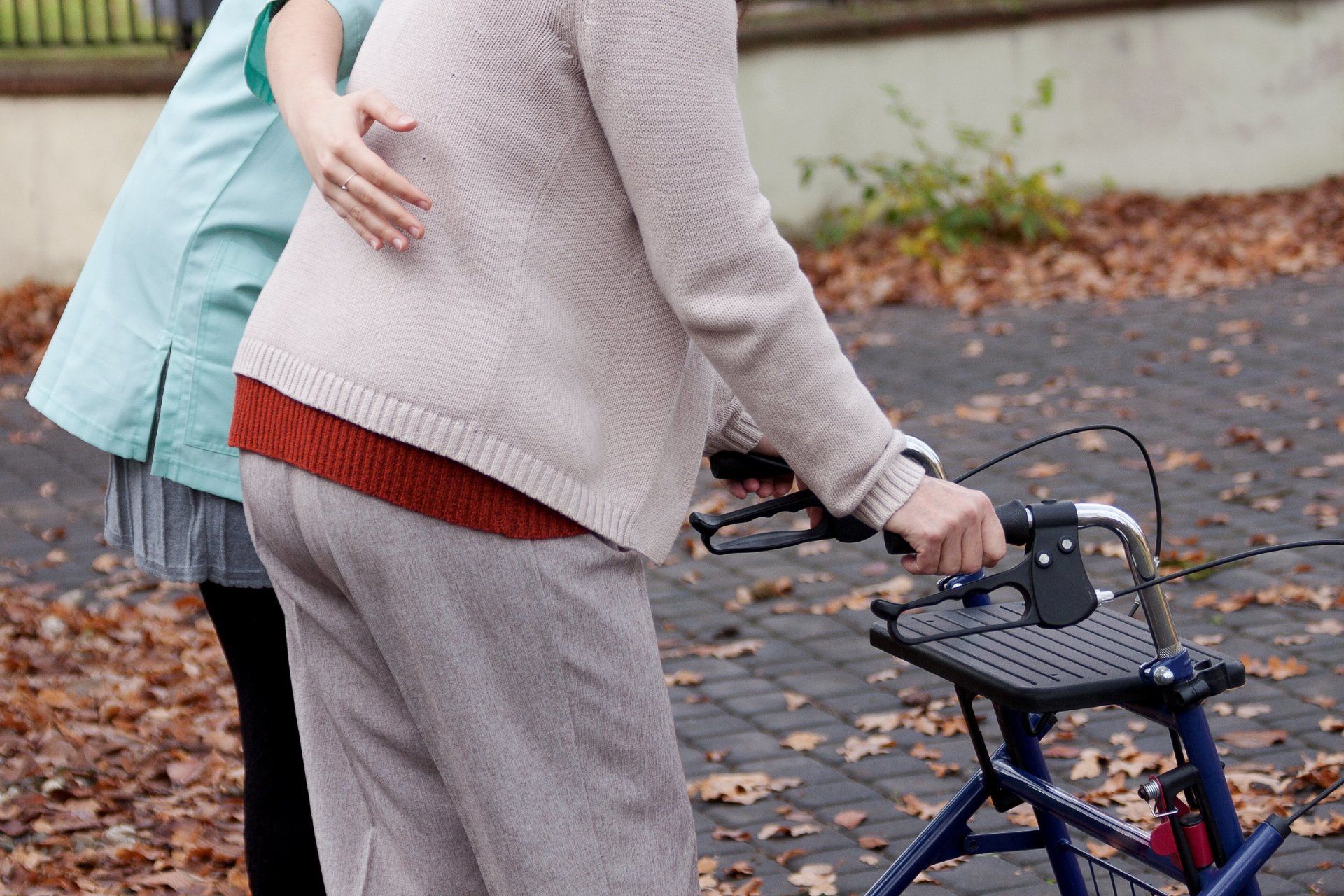Blog
Cohabitation law reforms rejected
The government has rejected proposals to modernise cohabitation laws in England and Wales, leaving it up to individuals to arrange their financial affairs for partners and dependants.
In August, the House of Commons Women and Equalities Committee published The rights of cohabiting partners for England and Wales (Scotland and Northern Ireland have their own laws). Amidst all the other political excitement of that month, the report received little coverage.
The lack of media attention was a pity, as the Committee made some important recommendations about a significant proportion of the population – the one in five couples who have chosen cohabitation rather than marriage or civil partnership. The report noted that “Whereas married couples and civil partners have certain legal rights and responsibilities upon divorce or death, cohabitants receive, in general, inferior protections”. This fact is compounded by what the report called the “common law marriage myth” – the erroneous belief that after a certain amount of time of living together, the law treats cohabitants as if they were married.
The report made six recommendations for action, only one of which was accepted in full by the government. The following three proposals were rejected outright:
- Family Law should be reformed to better protect cohabiting couples and their children from financial hardship in the event of separation. A potential structure for such reform was proposed by the Law Commission in 2007, which having ignored for so long the government now says is too old to be implemented without a review or fresh consultation.
- The intestacy rules should be immediately redrawn to recognise cohabitation. The Committee again supported ideas put forward by the Law Commission (this time from 2011). The government’s rejection of any intestacy reform was largely predicated on the notion that cohabiting couples could make wills to deal with their estates.
- The inheritance tax regime should be the same for cohabiting partners as it currently is for married couples and civil partners. This was rejected by the Treasury – the responsible government department – which said it “has no plans at present to extend the longstanding treatment of spouses and civil partners to cohabiting partners.”
If you are cohabiting, the government’s message is clear: make your own legal and financial arrangements – and don’t believe that common law marriage myth.
Notes: The Financial Conduct Authority does not regulate tax, wills or estate planning advice. Tax treatment varies according to individual circumstances and is subject to change. The Financial Conduct Authority does not regulate tax advice.





